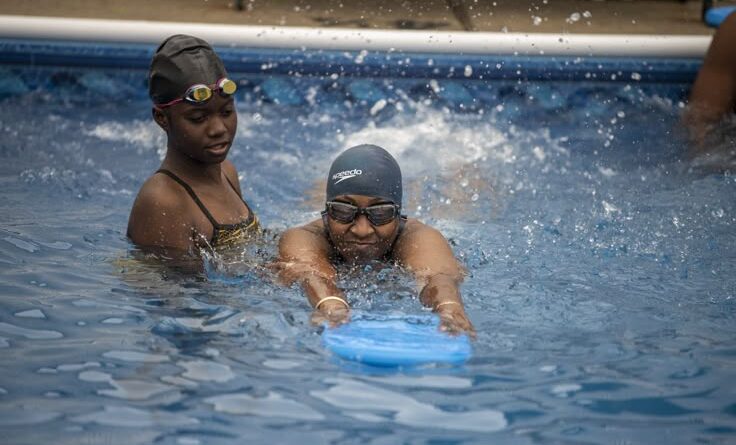Swimming lessons in Ghana crucial to prevent drowning — LPP
Life Partners Platform (LPP) has urged schools and communities to intensify swimming lessons in Ghana to reduce drowning deaths. The group’s Country Representative, Kofi Koranteng Abrokwaa, described the situation as urgent and called for structured swimming education.
Speaking at a media briefing in Accra, Abrokwaa explained that children in water-reliant communities faced the highest risks. He cited areas near Lake Volta, coastal towns, and flood-prone urban centres like Accra and Kumasi.
“Drowning remains one of the top causes of unintentional deaths worldwide,” he said. “It ranks third among injury-related mortality. Swimming is not a luxury. It is a public health necessity.”
According to him, poor supervision, lack of life jackets, alcohol use near water bodies, and low safety awareness contribute to many fatalities. In addition, cultural misconceptions about swimming make children more vulnerable.
The World Health Organisation (WHO) and a 2023 KNUST School of Public Health study revealed that Ghana loses 1,360 to 1,400 people annually to drowning. Children aged 0–4 and young adults aged 20–34 suffer the most deaths. Males drown more frequently due to higher exposure to fishing and boat transport.
Furthermore, many deaths occur in rural and peri-urban areas with rivers, lakes, and coastal waters. These communities lack structured swimming instruction, life jackets, and safe water infrastructure.
To mark World Drowning Prevention Day, LPP held awareness programmes in Nzulezu, Afram Plains, Weija-Gbawe, and Wusuta. The group also developed draft community water safety plans for high-risk communities.
The Panje Project, based in Zanzibar, praised Ghana’s efforts. It described the campaign as bold and promised to partner with LPP to expand drowning prevention across Africa.
“Swimming lessons in Ghana must become a national priority,” Abrokwaa concluded. “Every child should learn how to float, stay calm, and seek help in emergencies.”




